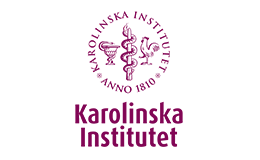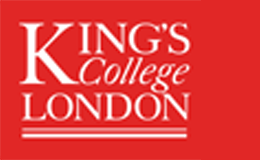Study B Sc in Biology Sciences in USA
How to study Bsc in Biology in USA

BSC IN BIOLOGY (SCIENCES) IN USA
Program Description
- The study of life and living organisms, biology is a wide field with topics ranging from molecules to ecosystems. The program builds the strong groundwork for life sciences along with laboratory experience which prepares students for research and technical positions in research institutes and industries.
- Many students continue their education and go for a Ph.D. in areas like biophysics, genetics, microbiology, biochemistry, biotechnology, and cell biology, etc.
- The program duration is roughly 3 – 4 years to complete in most of the universities in the US. The course contains principles of biology which involve genetics, homeostasis cell theory, evolution, and energy.
Eligibility
- The applicant must have passed his/her 12th (10+2) with biology among the compulsory subjects.
- Recommended courses include 4 years of English, mathematics to the level of calculus, Physics, Chemistry, Biology, and 2 or more years of history and social sciences.
- Some universities may have requirements for high school curriculum including a foreign language.
- SAT or TOEFL or IELTS scores: The score level differs from each university and it is not required in all the universities. However, it is recommended for a non-native English speaker.
Syllabus
The syllabus during the first year will have topics and study related to core subject like
- Cell theory
- Molecular biology
- Evolution
- Physiology
- Adaptation
- Gene Theory
- Homeostasis
For first-year biology students, it would be more about attending lectures with lab work and write-ups where students with cellular biology, genetics, and epidemiology will have lab work while ecology students will have fieldwork.
Specializations:-
In the subsequent years, you will specialize in your selected courses with spending less or more time in labs depending upon your coursework. You may find the following specializations:-
- Animal Biology
- Anatomy
- Biophysics
- Environmental Biology
- Molecular Biology
- Forensic Biology
- Microbiology
- Human Biology
- Neurobiology
- Evolutionary Biology
- Computational Biology and many more.
Admission Process
A general application must include the following:-
- Online Application form: - The form can be obtained from the official website of the selected universities. It includes academic information and a summary of your previous educational courses and personal information.
- Academic Transcripts: - Transcripts include details of your educational background, your mark sheets, special achievements, etc. You can get these from your previous school/college on request.
- Letters of Recommendation: - Generally, 2 or 3 letters are required to be submitted before the deadline prescribed by the university. These may include your academic strengths, hidden potentials, teamwork, and technical skills, etc which are to be filled by your professors.
- Standardized tests: - GRE test scores are not necessary to be provided unless it is a mandatory requirement. English Proficiency tests like TOEFL, IELTS, and SAT are required for applicants whose native language is not English and who do not have a bachelor’s degree from a US university where English is the primary language of instruction.
- Statement of purpose: - Your statement of purpose should represent your interest, reasons for joining the course specifically, future academic goals, Scientific and research interests, and motivations for further studies.
- Application fee: - The application fee ranges from $100 - $150.
Tuition Fees
The top universities in the USA have tuition costs around $55,000 per year. But, the overall tuition costs for bachelors in US universities range from $20,000 - $60,000/ year for international candidates. So, on average, a graduation course of four years may cost around $1, 30,000. Accommodation cost in the USA depends on the location of your stay and starts from $500 per month to $3500 per month. You can also check funding and scholarships provided by the US government and individual universities.
Choosing a school to study Biology
While choosing a university, all students prefer going to a renowned school that satisfies their needs, budget, desired program, and location, etc. Universities in the USA have many options which have a global reputation and also provide quality education. It can become difficult to choose from all these options as even the small
schools/colleges have their advantages like one-to-one professor interaction and individualized instruction. So check out some factors which you can consider while choosing a school/university:-
- Faculty members in the biology department should contain people from diverse fields like botanists, zoologists, biochemists, ecologists, and taxonomists, etc.
- Choose schools/universities with active faculty advisor programs and career development programs.
- Look for schools having better biological libraries and laboratories and access for internet and computer labs for students.
- Choose schools that have faculty that allows students to work as interns or research assistants.
- Check if the schools allow students to pursue independent research projects.
- Check for the universities which offer your specialty that you want to study. Check for how much scope you have for research purposes in your field of study along with the faculty support within the university.
Best Universities to study BSC Biology in the USA
- Harvard University
- Massachusetts Institute of Technology
- University of California, San Diego
- Yale University
- Stanford University
- California Institute of Technology
- Johns Hopkins University
- University of California, Los Angeles
- Cornell University
- University of Michigan - Ann Arbor
- Duke University
- Princeton University
Career options
According to the reports from the US Bureau of Labor Statistics, a growth of 7% for biological technicians is expected during the years 2018-2028. The jobs in biology can be applied in various sectors like research, healthcare, and education. These can further be specified into jobs in pharmaceutical companies, hospitals, animal rescue centers, state and federal government agencies, museums, zoos, food processing companies, and biotechnology firms, etc. Some specific job positions are: -
? Science Technician
? Medical Laboratory Technologist
? A secondary School biology teacher
? Research Associate
? Research Scientist
? Science communication careers like Journalist, Policy and Science writer, etc.
? Legal careers like forensic scientists for police, Policy development, and consultancy, etc.
Other fields where biology graduates are required are agriculture, neurobiology, horticulture, marine biology, environment and wildlife documentary production, etc. Biology graduates who prefer non-technical jobs can be interested in moving their skills to industries like the sales sector, accounting, marketing, and management. If you are interested in studying abroad, contact Whizstorm for the best career plans.





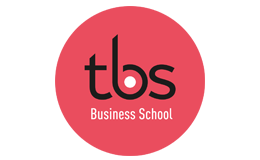
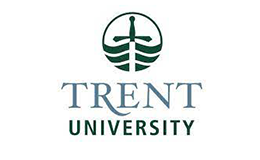




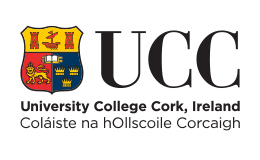
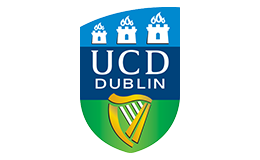




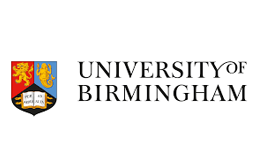

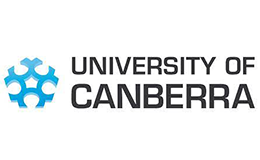




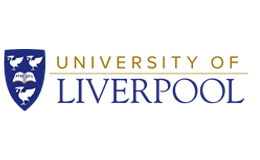

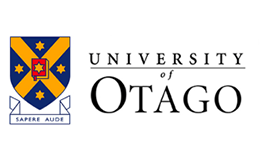
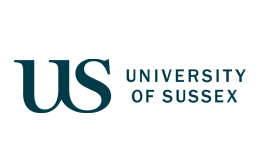
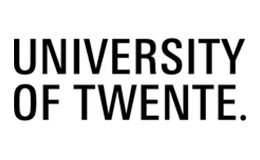

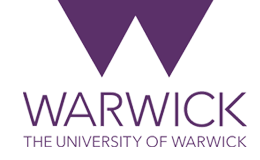

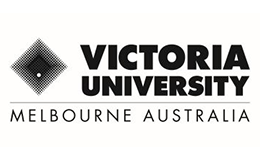




.png)







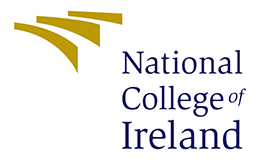

.png)



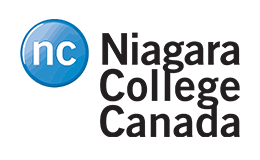
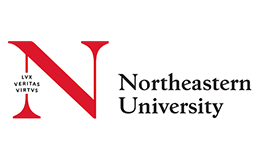

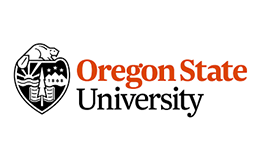







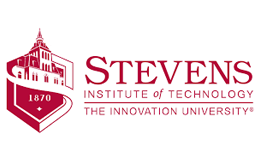







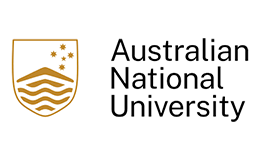

.png)






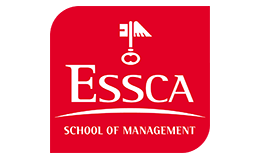






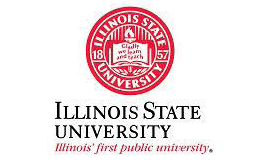

.png)

